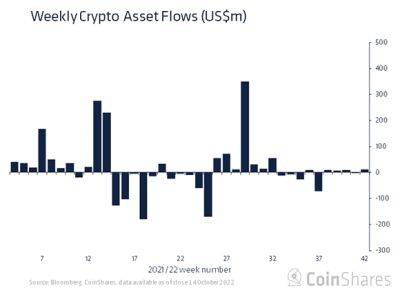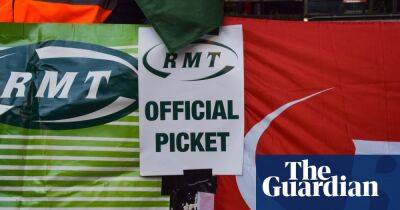Blackjewel still hasn’t paid many of its coalminers three years on
In July 2019, about 1,700 coalminers working for an affiliate of one of the largest coalmine operators in the US, Blackjewel, found their paychecks had bounced. Many were left with bank accounts in the negative while bills and late fees piled up.
Blackjewel then filed for bankruptcy and abruptly shut down its mines in Virginia, West Virginia, Kentucky and Wyoming, laying off miners without notice and leaving them without pay for the work they had completed the past two weeks.
This prompted several miners to start a protest in Harlan county, Kentucky, blocking a train full of coal from one of Blackjewel’s mines from leaving until miners were paid what they were owed.
Now, more than three years later, hundreds of miners and their families are still waiting for what they are owed. And, despite the passage of time, the wounds left by their treatment are fresh – as are the economic hardships they endure in parts of the country where working at the mine was often one of the few well-paid jobs around.
Lynne Huskinson worked as a coalminer in Gillette, Wyoming, at one of Blackjewel’s mines when the bankruptcy occurred.
“There are people and vendors who haven’t been reimbursed for the work or product they delivered back from 2019,” said Huskinson. “We were told one thing in the morning and laid off in the afternoon.”
She described problems such as late pay and safety issues while working at the mine.She relied on unemployment while waiting for answers from her employer, ultimately deciding to retire rather than return to work at the same mines once they were sold to different owners.
“I remember the day they laid us off. They called the sheriff to protect the mine so miners wouldn’t go off on some manager or steal their own tools before
Read more on theguardian.com





















